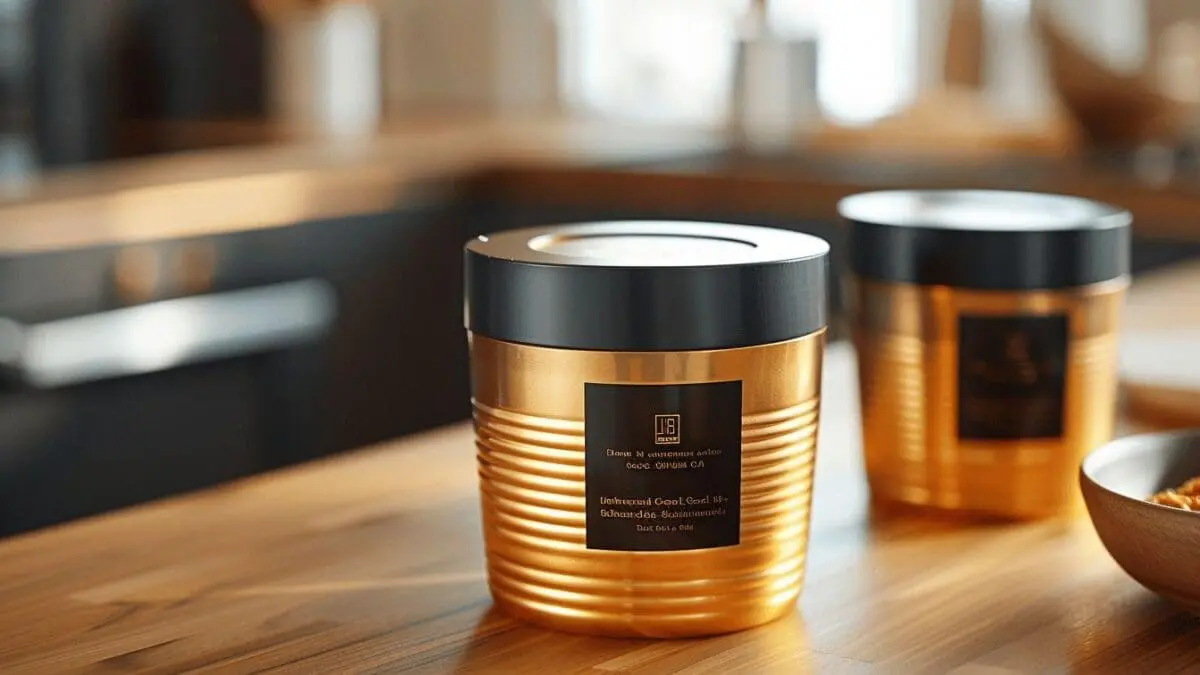Spreadable butters have long been an essential part of breakfast tables, cherished for their perfect blend of taste and texture. A recent blind taste test, however, has stirred the pot, revealing an unexpected champion among spreadables. Consumer group Which? conducted a comparative analysis of popular supermarket brands against the premium household favorite, Lurpak.
An unexpected winner emerges
Out of eight renowned supermarket brands put to the test, it was Aldi’s Nordpak spreadable butter that took the crown, closely followed by a couple of other strong contenders. The taste test involved sixty-seven evaluators who rated each product based on various attributes, including creaminess, color, flavor, aroma, and overall satisfaction.
Aldi’s Nordpak, known for its competitive pricing, won over the judges with its impeccable creaminess and well-rounded flavor profile, scoring an impressive 75%. This achievement not only placed Nordpak at the top of the podium but also earned it a coveted Great Value Endorsement from Which?.
Aldi’s Nordpak stood out for its sublime creaminess and unbeatable value for money.

How Aldi triumphed over Lurpak
The outcome of the test threw a spotlight on the increasing appeal of affordable grocery brands. Lurpak, a gold standard in spreadable butters, carries a hefty price tag of nearly £5 for 400g, significantly higher than Nordpak’s £2.18 for 500g. In a world where consumers are becoming increasingly cost-conscious, such findings can drive a shift in buying behaviors.
Evaluating the contenders
While Nordpak clinched the top spot, the competition was fierce. Another noteworthy mention is Morrisons Salted Spreadable, which secured a respectable 73%, praised particularly for its texture. Other brands, like Ocado, Lidl, and Asda, also delivered decent performances, maintaining a competitive edge in the market.
- Morrisons Salted Spreadable: Known for its delightful texture, scoring 73%
- Aldi Nordpak: The ultimate winner with a balanced flavor and great value
- Lurpak: The priciest option tested, yet not the favorite this time around
- Lidl, Ocado, Asda: Each offering notable spreadables with a focus on quality
The poignance of taste in consumer choice
The insightful results prompt a reevaluation of the way consumers approach everyday purchases. Quality no longer solely aligns with brand recognition or higher price points. In this instance, Aldi’s success highlighted a broader trend towards premium quality from budget-friendly supermarkets.
Steven Lenton, a regular shopper and an evaluator in the taste test, emphasized, “Many of us tend to gravitate towards brands we know, assuming they are superior simply because of their price. These results have genuinely changed my perspective.”

A shifting landscape of supermarket offerings
For budget-conscious families seeking both quality and value, the results represent an opportunity to switch to more economical choices without sacrificing taste. With the rise of private-label brands, supermarkets are now more keenly focused on honing the quality of their products.
Consumers are increasingly discovering that premium taste doesn’t always require premium pricing.
Brands such as Tesco and Waitrose faced challenges in this particular test, scoring less favorably due to criticisms around their aroma and lack of creaminess. Despite this, the competitive pressure is likely to spur improvements as they seek to reclaim consumer trust.
Further insights and future considerations
For those wanting to delve deeper into spreadable butter alternatives, it’s interesting to note a few additional considerations when shopping for spreads:
| Aspect | Consideration |
|---|---|
| Durability | Assess how long the product can be stored while maintaining freshness. |
| Ingredients | Choosing products with fewer preservatives can often enhance the natural taste. |
| Sustainability | Opt for brands that prioritize environmentally friendly production processes. |
This taste test sheds light on how market dynamics are shifting. As brands continuously work to match consumer expectations, it may be worth revisiting assumptions about quality and price.



